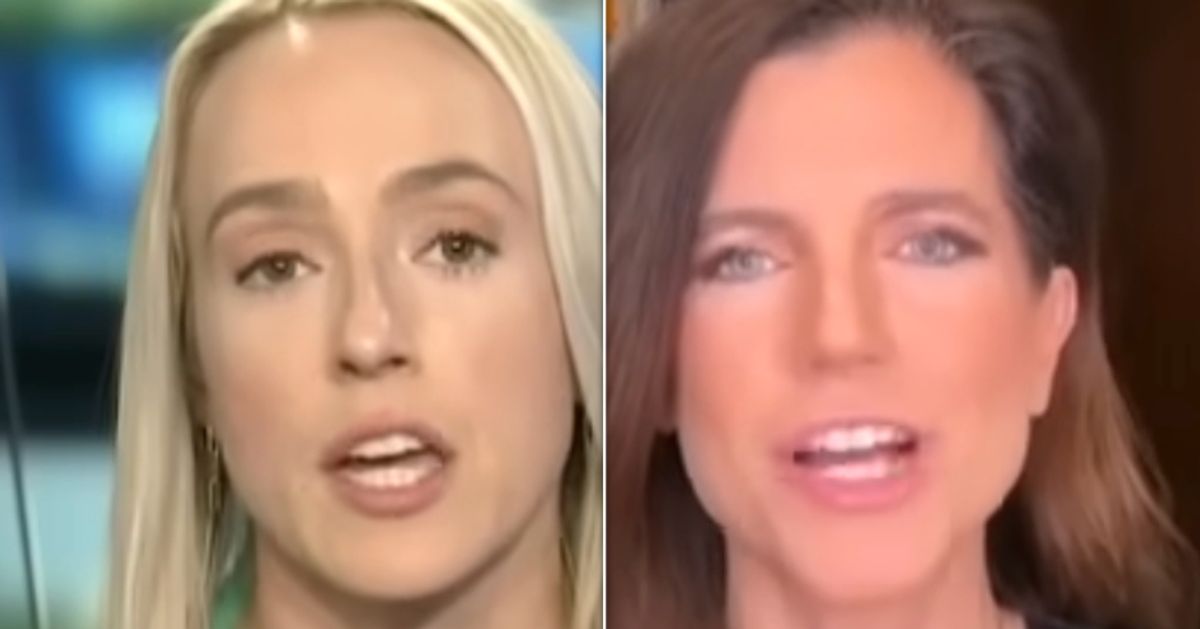Does it make sense to aggressively pay down your mortgage first? Or should you invest any extra cash?
When the question is whether you should pay off debt or invest, the standard advice is to compare the rate of return you could expect to earn if you invested the money in financial markets versus how much interest you would save by paying off the loan faster.
Don’t miss
-
Car insurance premiums in America are through the roof — and only getting worse. But 5 minutes could have you paying as little as $29/month
-
Commercial real estate has beaten the stock market for 25 years — but only the super rich could buy in. Here’s how even ordinary investors can become the landlord of Walmart, Whole Foods or Kroger
-
These 5 magic money moves will boost you up America’s net worth ladder in 2024 — and you can complete each step within minutes. Here’s how
But since this couple is planning to sell their home soon, there are more complex considerations for each approach to the conundrum here. There are some scenarios where investing the cash in liquid assets like a high-interest savings accounts would be beneficial.
When to save your extra cash
Say, for example, a married couple has $310,000 left on their 6.3% mortgage. But they’re planning to start a family and want to move into a larger house within the next three years. Should they pay off their house with the extra cash, invest the cash or save the cash?
If they’re planning to upgrade to a larger home, they’ll need extra cash on hand to cover the down payment, closing costs and moving expenses. Closing costs typically range from 2% to 6% of the loan amount, but it will depend on your lender and which state you live in. There’s also a cost to refinancing your mortgage, but it could be beneficial in the long term, resulting in a lower interest rate, smaller monthly payments or a shorter term on your mortgage — especially if mortgage rates drop.
The couple may be expecting to earn a profit on the sale of their current home, but they might not receive the money in time to cover the down payment and closing costs on their new home. While they can try to coordinate closings, they may need to take out a bridge loan to close the gap. Even if the timing works out, the couple may still need cash for other costs, such as repairs or renovations.
Their profit may also be smaller than they expect. Americans spend nearly $55,000 to sell their homes, according to a report from Clever Real Estate, in part due to hidden and unexpected costs.
That’s where having extra cash on hand could come in handy — and they won’t have to resort to credit cards or loans.
Read more: Rich, young Americans are ditching the stormy stock market — here are the alternative assets they’re banking on instead
When to pay down your mortgage
If you have negative equity in your home (you owe more than what it’s worth on the market), then you may want to consider making extra payments on your mortgage. Or, maybe like this couple, you’re moving out of a starter home into a larger (and more expensive) one. So it could make sense to aggressively pay down the principal balance on your mortgage.
If you don’t have a lot of equity in your home, that means you’re probably paying off the interest on your loan rather than the principal itself (the remaining balance of your mortgage). If you make extra payments, it goes toward repaying the principal — not toward interest. The faster you pay down your mortgage, the more you build equity. If you build equity, you’ll make more money when you sell your home, and that can go toward your newer, larger home.
Other considerations
If this couple doesn’t have enough equity in their home to make a sizable profit from its sale, they may want to start aggressively paying off their mortgage. If they do have equity, and they expect to make a profit, they may want to save their money instead. However, they shouldn’t deplete their emergency fund for the sake of reducing their mortgage.
They’ll still need some cash on hand for emergencies. They’re planning to live in their current home for another three years — and a lot can happen during that time. If they do use their extra cash to pay down their mortgage, that money is no longer liquid; it’s tied up in their home. So if they need emergency cash, they’d have to refinance or maybe get a HELOC, but either option is going to take time and effort.
The couple should also check the terms of their mortgage. Some lenders will charge a prepayment penalty if you repay the loan sooner than the agreed term. But many will also allow for a certain number of extra payments and/or an annual lump sum payment without penalty. If you’re unsure, it may be worth sitting down with a financial planner or mortgage broker to figure out the best path forward.
What to read next
This article provides information only and should not be construed as advice. It is provided without warranty of any kind.



